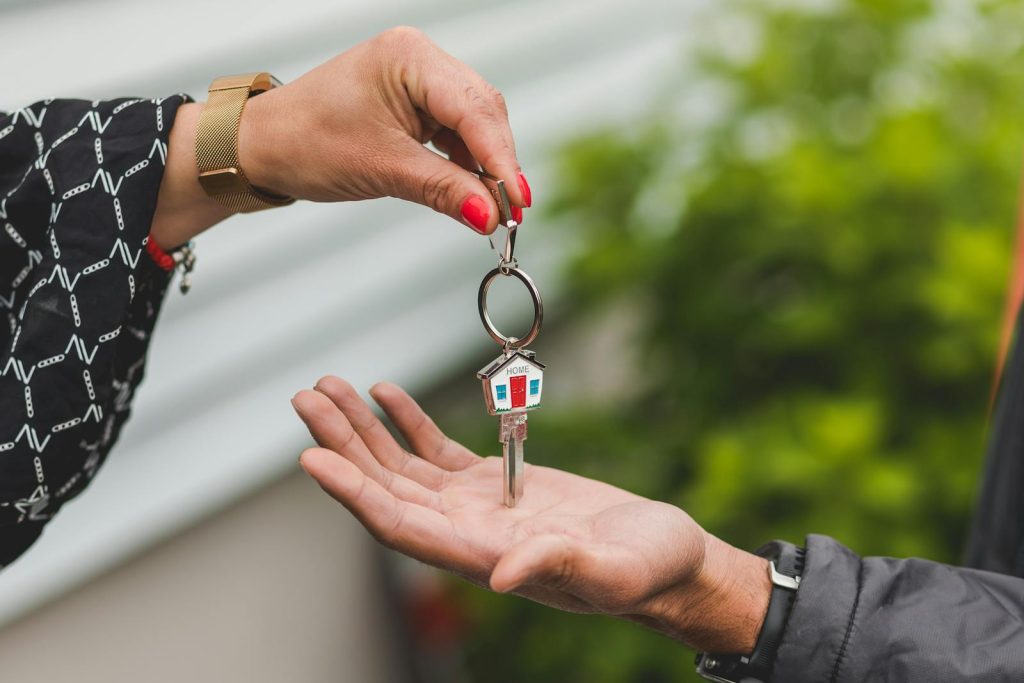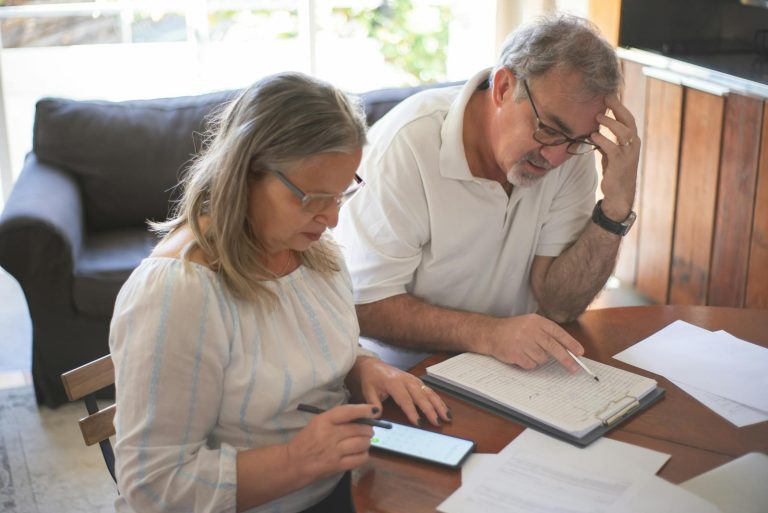When an unmarried couple splits up, the question of who gets the house can be complex and emotional. In Florida, the laws aren’t as straightforward as they are for married couples. At Tampa Divorce Attorney, we’ve helped many people navigate these tricky waters. In this article, I’ll explain what factors determine who keeps the house and how you can protect your interests.
Based on Florida law, the house goes to whoever is listed on the deed or mortgage. If both names are on the deed, they must agree on how to divide it. A court may get involved if they can’t agree.
Rights of Unmarried Couples in Florida
Unmarried couples in Florida lack the same legal rights and protections that married couples enjoy.
At the base when it comes to owning property, each person keeps what they owned before the relationship unless they’ve written something different in a legal agreement. If they separate, unmarried couples can’t ask for alimony or support like married couples can. If one partner dies, the other doesn’t automatically get their stuff unless it’s stated in a will or legal document.
Let me explain, also, unmarried couples can’t make medical decisions for each other or inherit from each other without a will. Unmarried couples in Florida need to think about making legal documents like cohabitation agreements, wills, and powers of attorney to protect their rights. Without these, it can be tough for them to handle legal issues.
Property Division for Unmarried Couples
Property division for unmarried couples can be especially challenging due to the absence of specific legal guidelines.
By and large, typically, a person will keep ownership of property that’s only in their name, unless there’s proof of a joint agreement to share it. But, if both people have helped buy or take care of the property, they might have a legal claim to a share of it. This help could be paying the mortgage or bills, or doing repairs and maintenance.
Courts might also look at the idea of unjust enrichment, where one person benefits a lot at the other’s expense. If this happens, the court might make the person who benefited pay back the other for their help. Keeping records of financial and non-financial contributions can help if there’s a disagreement.
It’s a good idea for unmarried couples to make a cohabitation agreement. This agreement clearly outlines how property will be divided if they split up, preventing confusion and expensive legal fights. If negotiations or mediation don’t work, they might need to seek legal advice to sort out property division.
Who Keeps the House When Unmarried Couples Split
Drawing on earlier remarks the house is typically awarded to the legal owner or co-owner.
If both partners own the house, it might have to be sold and the money split. If only one partner owns the house, they usually keep it.
Generally speaking, things like who paid for what and any spoken agreements can affect how things are divided. Talking to a lawyer to know your rights and what you can do is a good idea.
Legal Steps for Unmarried Property Disputes

As previously highlighted, unmarried property disputes often require precise legal steps in court to navigate the complexities of asset division.
In concise terms, first, collect proof like documents, receipts, and statements from witnesses to back up your claim. You might need a lawyer to guide you through the legal steps and speak for you in court. Make sure you know and follow the local laws about property rights for unmarried couples.
In a basic sense, the court will look at the evidence and listen to both sides before deciding how to split the property. If you can’t agree, the court might order the property to be sold and the money divided. Be ready for a possibly long and tough legal process when dealing with property disputes between unmarried couples.
Protecting Your Home When Unmarried in Florida
Reiterating what was said before unmarried homeowners in Florida can take specific legal steps to protect their homes, such as creating a trust or co-ownership agreement.
To cut a long story short, one key way to protect your home is to make sure both your name and your partner’s name are on the property deed. This ensures both of you have legal rights to the home and can help avoid disputes later.
Another good idea is to draw up a cohabitation agreement. This is a legal document that details how things will be handled if you and your partner break up, including who gets what property. Having a will is also helpful to make sure your home goes to your partner or whoever you choose if something happens to you.
To break it down, keep good records of any money either of you spend on the house, like mortgage payments or improvements. These records can be important if there are any legal issues about who owns what part of the property.
Finally, get homeowners insurance to protect your home against things like natural disasters or accidents. Check your policy regularly to make sure you have enough coverage.
By following these steps, you can help protect your home and make sure both you and your partner clearly understand your rights and responsibilities.
In the End
Highlighting what was noted before, in Florida, when an unmarried couple splits up, determining who gets the house can be complex.
What Tampa Divorce Attorney is encouraging you to keep is, Um, so ending this, the decision will depend on various factors such as how the property is titled, financial contributions made by each party, and any legal agreements in place. Seeking legal advice is very important to protect your rights and interests in such situations.







